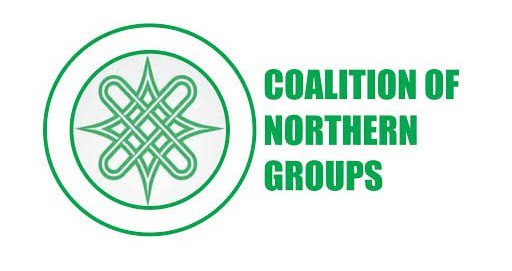
Tax Reform Bill: CNG demands withdrawal, warns of economic crisis in North
…Urges Northern lawmakers to reject proposals that threaten regional stability
By: Austine Emmanuel, Kaduna
The Coalition of Northern Groups (CNG) has issued a call for the immediate withdrawal of the Federal Government’s proposed Tax Reform Bills, labeling them a threat to the socioeconomic stability of the North and Nigeria at large.
In a communique released after a town hall meeting held at Arewa House, Kaduna, on Thursday, the CNG, in collaboration with 134 civil society organizations (CSOs) and non-governmental organizations (NGOs), urged Northern lawmakers to stand against the proposals.
Examining the theme “Tax Reform Bills: A Catalyst for Economic Growth or a Burden on the People?” the townhall warned of the reforms’ potentially catastrophic impact on an already struggling regional economy.
Comrade Muhammed Sanusi Ali, who spoke on behalf of the CSOs and NGOs, emphasised that the reforms would deepen poverty, increase financial pressures on citizens and businesses, and further marginalise the North.
One of the central issues raised by the Coalition was the amendment to the Value Added Tax (VAT) distribution formula, which currently allocates revenue based on the location of a company’s headquarters rather than where goods and services are consumed.
Participants criticised this system as unfair, disproportionately benefiting certain regions at the expense of others, especially the North.
The proposed defunding of key institutions, including TETFUND, NITDA, and NASENI, also drew sharp criticism. These agencies, essential for driving advancements in education, technology, and innovation, are considered critical to the North’s development.
Participants warned that undermining these institutions would weaken the region’s economic potential and its ability to compete nationally.
The lack of clarity in the tax reform bills’ language was another focal point of concern.
Ambiguous terms like “derivation,” “family wealth,” and “ecclesiastic” were flagged as potentially problematic, with participants warning of arbitrary interpretations that could complicate enforcement and policy coherence.
The town hall’s communique outlined several recommendations, including a unanimous demand for the immediate withdrawal of the bills and the initiation of more inclusive consultations with stakeholders to ensure reforms that reflect the realities of all Nigerians




